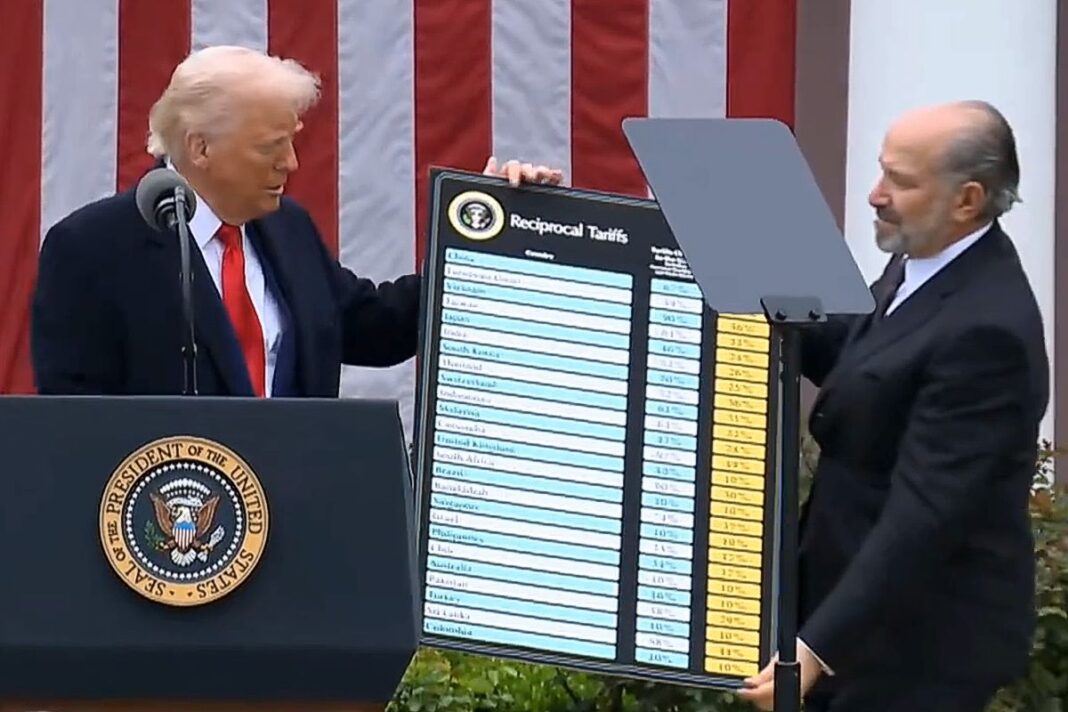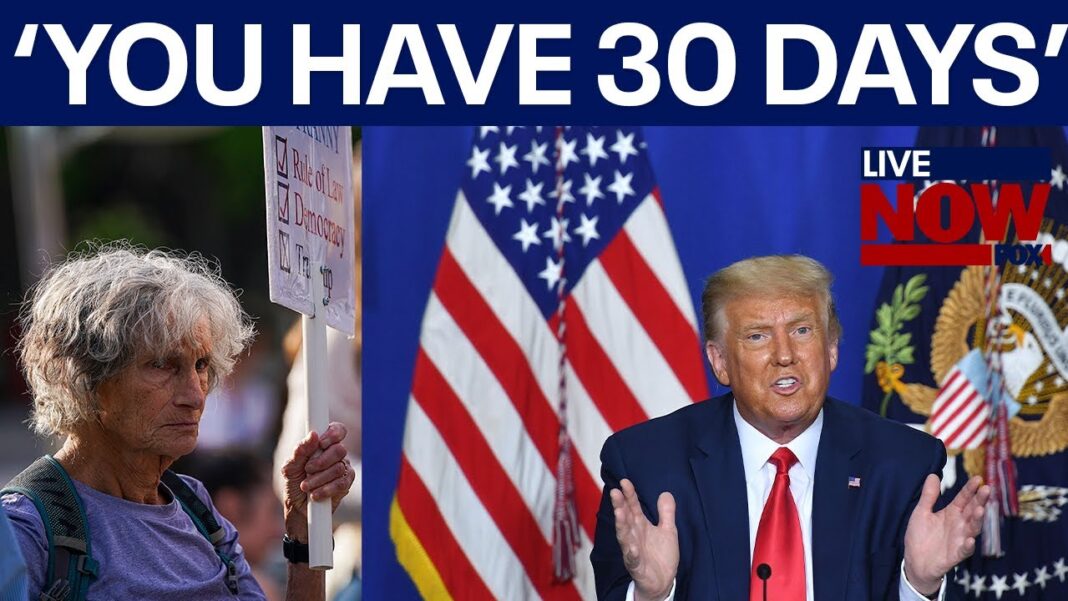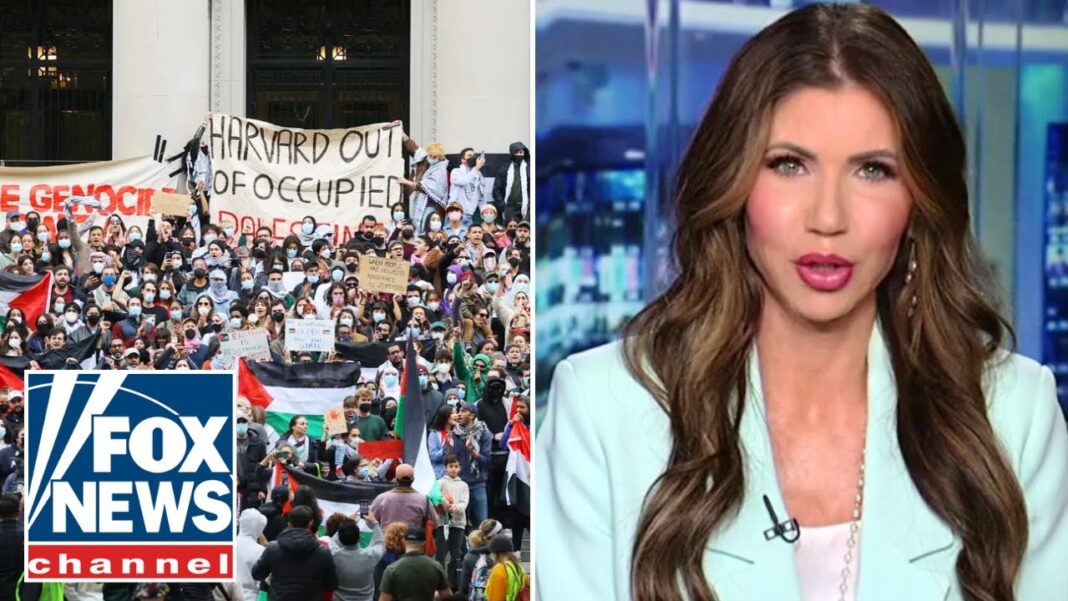The bank outlined several legal avenues the White House could take.
A federal court ruling against President Donald Trump’s authority to impose sweeping tariffs might be only a temporary setback for the administration, say Goldman Sachs economists.
The New York-based U.S. Court of International Trade ruled on May 28 that Trump exceeded his authority by tapping the International Emergency Economic Powers Act (IEEPA) to implement levies on other countries.
The IEEPA is a federal law enacted in 1977 that permits the president to regulate global commerce in response to national emergencies.
Last month, Senate Democrats, with the help of four Republicans, scrapped the IEEPA in a 51–48 vote.
However, it was essentially a symbolic move as it will not be approved in the House, and the president wouldn’t sign it.
The panel of three judges, meanwhile, extended the White House 10 days to execute a formal process of halting the levies. The administration quickly appealed against the ruling with the U.S. Court of Appeals for the Federal Circuit.
Goldman Sachs economists believe the Trump administration has several tools available that “might not change the final outcome for most major U.S. trading partners.”
In addition to appealing the ruling, the administration might depend on Section 122 and Section 301 of the Trade Act of 1974, according to a May 29 research note by the bank.
Section 122 authorizes a president to implement tariffs of up to 15 percent for 150 days on imports from nations with sizable trade surpluses.
Analysts at Goldman Sachs say that, while it is only a short-term trade measure, it is a swift workaround that does not require formal investigations.
“The administration could quickly replace the 10 percent across-the-board tariff with a similar tariff of up to 15 percent under Sec. 122,” analysts said.
When first proposed in the 1970s, it was considered by U.S. officials as a quick strategy to address trade balances without requiring congressional approval or detailed investigations.
The other trade provision is Section 301, which grants the president broad authority to address unfair trade practices by foreign governments by instituting tariffs, sanctions, and other retaliatory measures.
Under this measure, the U.S. Trade Representative is permitted to investigate and respond to policies determined to violate trade agreements or discriminate against U.S. commerce.
By Andrew Moran








